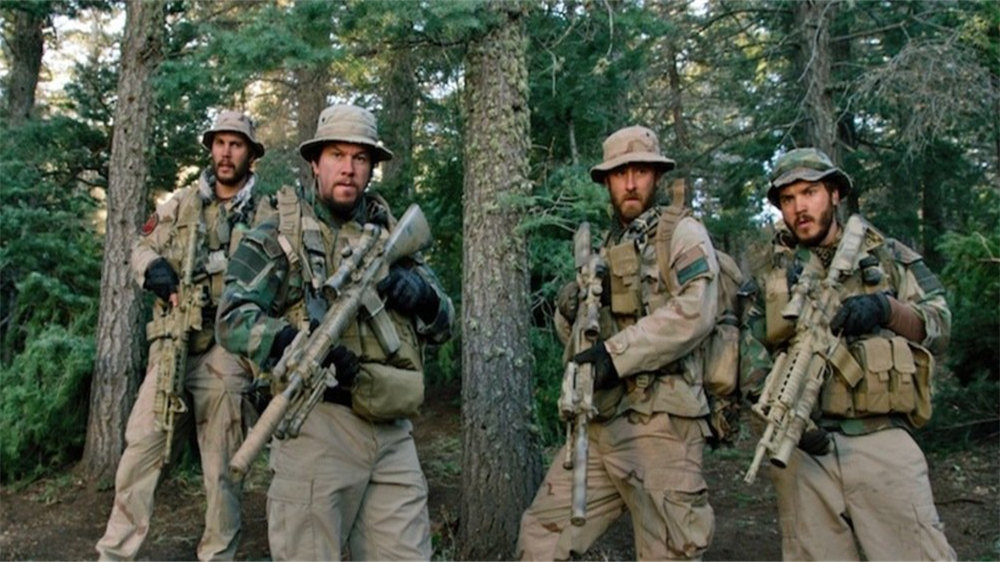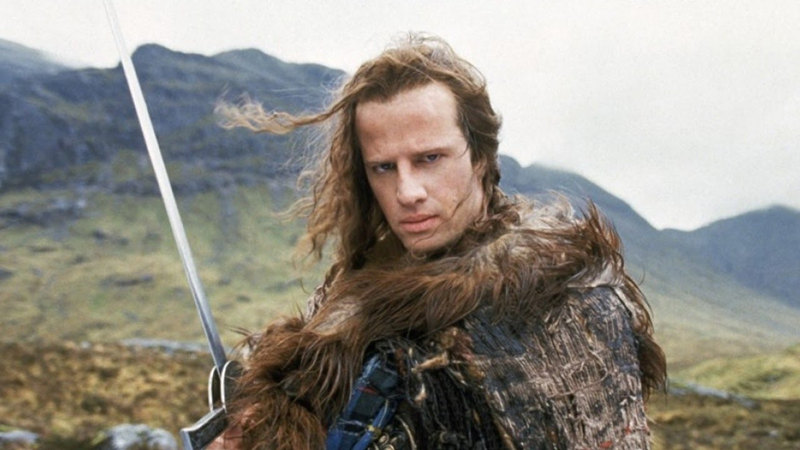Everyone tells themselves lies to get through the day. In a dark and dangerous universe, where disaster can claim the unwary and the righteous alike, sometimes self-delusion is the only way to keep the wolves at bay. In the new DVD release “Dark Horse,” writer and director Todd Solondz examines the cost of the delusions and lies we tell ourselves, and the possibility of redemption in the face of those delusions.
Jordan Gelber plays Abe, a man approaching middle-age but still living with his parents (Mia Farrow and Christopher Walken) and working in his dad’s real estate office. Abe is lonely, overweight and filled with oft-expressed rage at the cards he feels life has dealt him. His dead-end job, his father’s disappointment in him, and his resentment for his successful brother-the-doctor (Justin Bartha) threaten to drown him in a pond of despair and self-loathing. But when he meets Miranda (Selma Blair), another soul lost on the path, he seizes the unlikely chance to find a way out.
Or does he? The story is not nearly so straightforward as the capsule description implies, and even at the end, there are unanswered questions as to what exactly has just transpired. How much of this movie really takes place in Abe’s subconscious? What is Miranda’s real role in his life? The fantasy and reality bleed into and inform one another, just as Abe’s delusions and self-perception co-mingle in his mind. This is an intriguing and elliptical film, rich with possible interpretations–some, all or none of which Solondz and his extremely effective cast seem to endorse at any moment in the film.
Many of Solondz’s previous films (“Happiness,” “Life During Wartime,” “Palindromes”) have not even the remotest possibility of easy answers or interpretation. He practically dares his audience to like them or understand them, with their disturbed and difficult protagonists and even more disturbed and difficult narrative structures. At the same time, he has a keen ear for pained, dark humor, and his singular vision is rich with haunted laughter.
“Dark Horse” follows on this distinctive technique, with startling forays into subconscious fantasy and striking moments of pitch-black comedy, and a main character so unlikeable he verges on a caricature. Abe is a man who has told himself so many lies about the way the world has mistreated him that he has no real grasp on anything solid. His room is filled with the ‘trophies’ of a childhood he has never really left—posters, action figures and ephemera of fringe culture, and covered with a date, pop-art wallpaper that would drive a more balanced person off the deep end. He is truly dislikeable in his fumbling attempts at suavity, his MIA work ethic, and his manipulative treatment of his own mother.
But that doesn’t mean he isn’t suffering deeply, and as those subconscious flights of fantasy let us know, he is also aware of his profound failings, and various other characters pop up at surprising moments to voice that knowledge. Versions of Miranda, his mother, and a sympathetic co-worker (Donna Murphy, wonderful) confront Abe with evidence of the delusions that will eventually destroy his life if he does not own up to them, and soon. There is no empty “moment of clarity,” no slick release from his personal hell, just a flawed man failing to resist confrontation with the emptiness of his own choices.
In his script, Solondz walks a profound and amazing tightrope, several times pushing Abe to the very edge of forgiveable selfishness, and then shifting the ground underneath you, forcing Abe into a different light. This challenging strategy prevents viewers from getting any kind of leverage, any place to make a definitive stance or facile judgement. As Abe, Jordan Gelber delivers a strong, brave performance, managing to find notes of redemption and even pity in a character that Will Rogers would probably find irritating and unredeemable. As Abe’s father, Christopher Walken has never used his baleful, disappointed glare to more hilarious and painful effect, and Mia Farrow’s delicate, fragile performance makes a lovely counterpoint to Abe’s bluster.
The lack of easy release also extends to the soundtrack. There is no standard music underscore, only occasional bursts of deliberately sugary, slick pop songs, notably from Abe’s cell phone. No stirring orchestral cues or delicate piano melodies to let the audience know how to feel, just the characters’ struggling words and actions against the world they don’t understand.
Video:
“Dark Horse” is presented in widescreen 16:9 format. The film is nicely photographed by Andrij Parekh, and the DVD transfer carries satisfying levels of detail and contrast, especially in the purposely over-lit scenes, and with the rare eye-popping bursts of gaudy color.
Audio:
The audio track is 5.1 Dolby surround, and has an intimate feel, given the lack of music score and the emphasis on vocal nuance. The pop songs on the soundtrack jump out as they should. There are no audio set-up options.
Extras:
Disappointingly, there are no extras with this release, not even a theatrical trailer.
Parting thoughts:
Todd Solondz’s “Dark Horse” is a pained, unsettling and richly rewarding dark comedy with a narrative that resists easy explanation, and is all the better for its rigorous refusal to claim any easy moral high ground.


